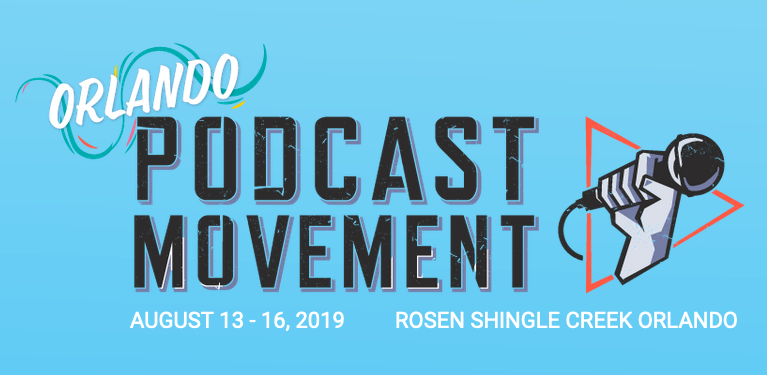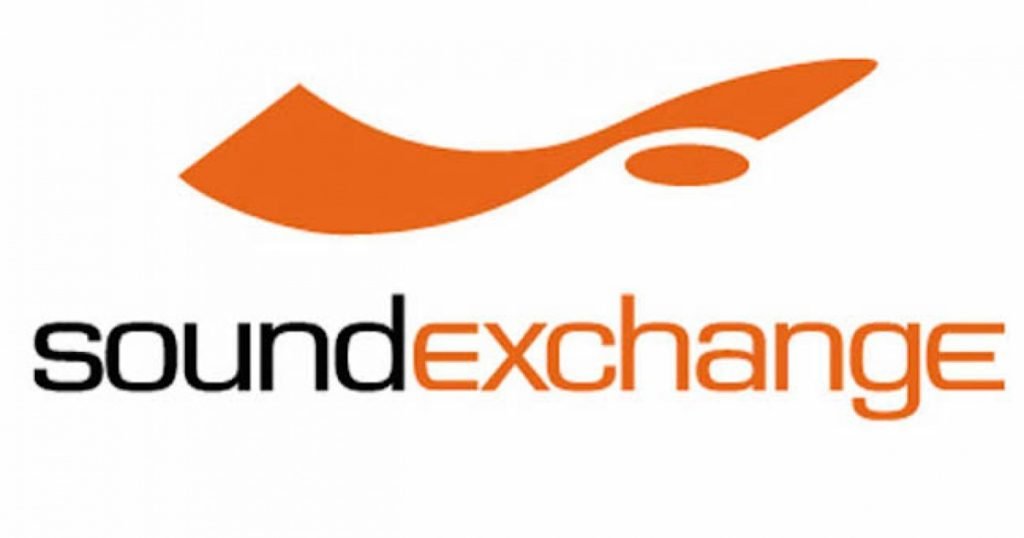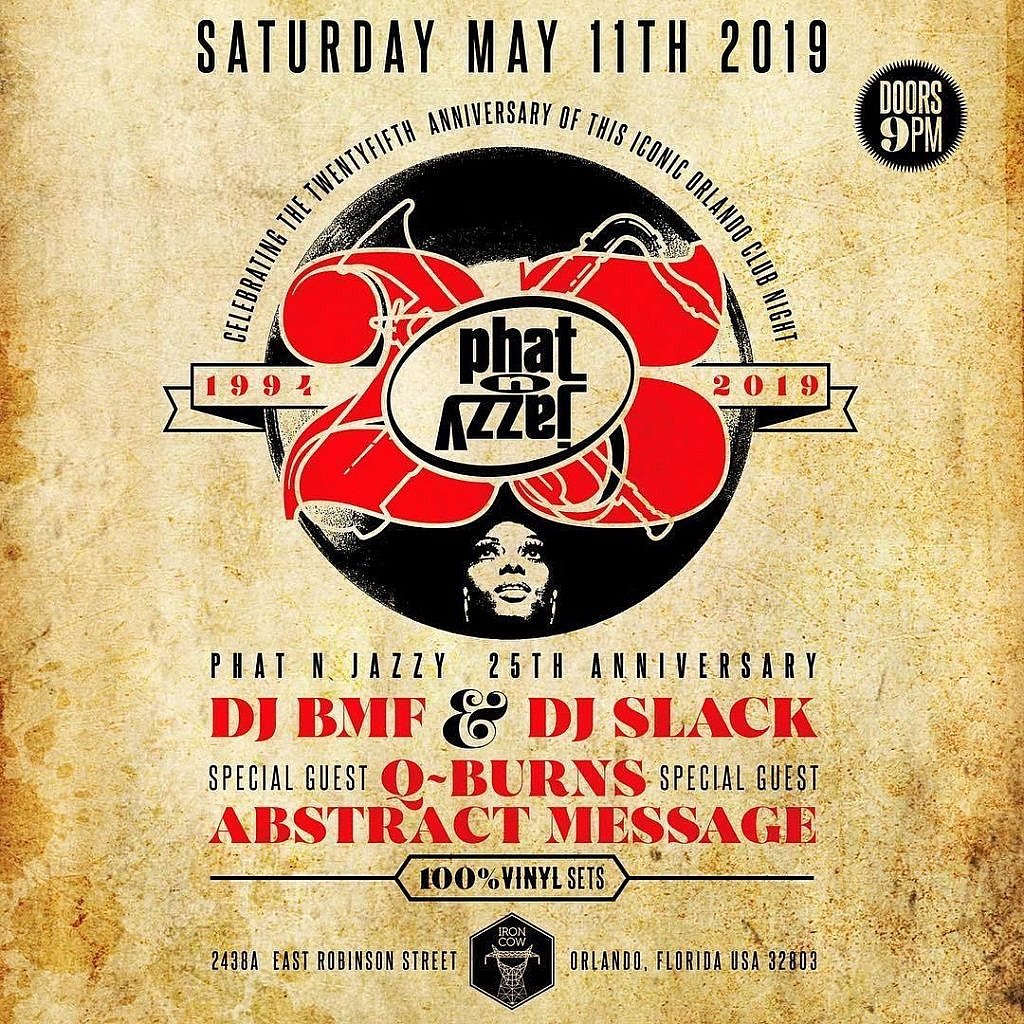I often talk to podcasters about music rights, but we never get anywhere. They want to know how to use recorded songs in their episodes. You think it would be easy — plenty of podcasts are using music and getting away with it. I suspect they’re just flying under the radar. Could fair use come into play? My friends’ podcasts could be considered informational, talking about the music and the artists behind the songs. But claiming fair use is a throw of the dice, and you need to be prepared to go to court if a cease-and-desist letter appears in your inbox. ‘Fair use’ is something that’s decided in a courtroom.
The problem is that there are no set guidelines for using music in podcasts. It’s a gray area, that ‘wild west’ that people bring up when discussing content rights on the internet. Podcasts are a combination of a download and an interactive stream — one or the other or both can happen. So the rights may fall closer to those of a song released to iTunes and Apple Music than licensed to a video or for radio play. On top of that, the usage is a derivative one. You’re incorporating — thus technically altering — someone else’s work in your podcast.
Right now, the solution is to locate and directly contact all of a song’s rights-holders. Easier said than done! Many songs, especially the popular ones, have multiple rights-holders to find. In my experience, Google won’t be much help. It’s the same process that a music supervisor goes through to license for a major motion picture. But, as we learned at the Podcast Movement conference in Orlando last week, 94% of podcasts have less than 5000 downloads per episode. These aren’t operations with the resources of a movie studio. Or the clout and money for that matter — imagine negotiating with a music publisher over a song for your fledgling comedy podcast.

So, yes, the Podcast Movement conference happened last week. And, with premeditated timing, an announcement was made right before the conference doors opened. The news offers a music solution for podcasters. Here’s an excerpt of the press release from SoundExchange:
SoundExchange today announced plans to collaborate with SourceAudio to provide a new solution for the rapidly growing podcast industry to secure music with fully integrated, global licenses. The collaboration would provide Podcastmusic.com, a digital music marketplace for podcasters, with access to SoundExchange’s vast membership of music creators and offer licensing for label and publisher-owned music. […] The service will launch in 2020. Participation in this service by publishers, labels, and other rights owners is on a voluntary basis.
SoundExchange is the rights organization designated by the US Congress to collect royalties on non-interactive digital streaming (such as from SiriusXM or Pandora in old school ‘station’ mode). As it’s the only US organization to handle this type of royalty stream, the catalog of recordings registered with SoundExchange is vast.
In 2017, SoundExchange acquired the Canadian mechanical rights society CMRRA which plays a part in this podcasting arrangement. SoundExchange’s inherent authority over non-interactive streaming doesn’t apply to podcast licensing. But the necessary clearance and royalty collection on the sound recording (mechanical or reproduction rights) is handled through CMRRA. The composition side, overseen by organizations like BMI and ASCAP, is cleared by direct license. The rights-holder opts-in through SoundExchange and grants direct licensing for podcasts.
The catalog will appear on SourceAudio‘s existing site PodcastMusic.com. Presently there is a database of ‘700,000 production and music bed tracks’ that will presumably sit next to recordings pre-cleared through SoundExchange. As SourceAudio is a private company, there have been grumblings about its collaboration with a congressionally mandated organization. I feel this warrants a discussion — undeniably this arrangement gives SourceAudio an upper hand on its competitors. Perhaps SoundExchange can expand this service to other companies that fit professional guidelines, giving the rights-holder an option of libraries to use.

Regardless, this is an exciting development and a massive improvement for podcasters navigating music rights. Recording artists and labels should be pleased, too — this opens a new revenue stream and licensing outlet.
I attended Podcast Movement and sat in on two panels that delved into the mechanics of this emerging podcast music service. A lot of the details are still being worked out. But I can start to see the full picture thanks to remarks by representatives of SourceAudio and SoundExchange and a pair of spirited audience Q&A sessions. Here’s some of what I learned:
- The service is voluntary for SoundExchange members. All rights-holders — labels, publishers, artists — must opt-in. Prices can be set by rights-holders, which would allow those with high profile content to charge more. However, a $20 per license range is suggested to encourage more licensing frequency. A SourceAudio rep described the ideal model as “Walmart, not Neiman Marcus.”
- A license will be for one usage in one podcast episode. The licensee will be limited to up to 90 seconds of the song. I assume a shorter usage will reduce the fee.1The fee will also be adjusted according to how many downloads you predict for the episode. There will be two license categories: bumper music, for going in and out of segments; and music used in an informational context, such as historical podcasts about the song or artist played.
- If the podcaster wishes to license the full song or use the song repeatedly in a series (such as the podcast’s theme song), then the rights-holder(s) must be contacted directly. But fear not — the platform will provide a method of contact for all songs in the catalog. Also, songs in the SoundExchange library not opted-in for pre-cleared podcast licensing are listed as ‘unavailable.’ But a means of contact will be provided for direct negotiation and licensing. Handy. 2I asked if a rights-holder could create exclusions, such as ‘my music can’t be used in conspiracy theory-promoting podcasts.’ It seems there might be something like this in place, but the answer I received was vague.
- After completing a license, the podcaster downloads the song. This song file will contain a special watermark. Upon the podcast’s completion, I believe the creator is required to upload the show to SourceAudio for verification.3If this is the case, it would be beneficial to integrate this delivery into major podcast distribution platforms. The music’s use in the podcast is tracked via watermark through arrangements with various podcast distribution networks. I imagine Google’s podcast platform plays a large part here as it’s inevitable that some form of Content ID is utilized.4Similarly, any license through the service will also apply to YouTube for ‘video’ streams of podcasts.
- Though the licenses will be global,5How can one effectively territory-restrict a podcast, anyway? only songwriters registered with US-based PROs can participate at the service’s launch. This issue is probably because not all international PROs recognize direct licensing. The SourceAudio rep assured me the program would be expanded to non-US artists eventually, but there will be some confusion until then. US labels and publishers will be frustrated when they can’t submit songs registered by non-US writers to foreign PROs. Hopefully, this worldwide expansion starts rolling out soon after launch.
- It appears spring 2020 is the launch target. But there will be a beta version going live any day now. In a smart move, SourceAudio will push well-known Christmas songs for the beta period. The seasonal content will accelerate the testing period as these Xmas licenses will appear in podcast episodes before the end of the year.
- “Back In Black” was mentioned in passing a total of three times over the two panels. I’m wondering if there’s something in the works with AC/DC to publicize the song as a part of the launch.6This
song doesn’t have a US-based writer or publisher so, if it does appear on the service, I wonder if the song’s relationship with ASCAP suffices?
I expect technical hiccups and continued grumbling about SoundExchange’s involvement in private industry. But I’m thrilled to see some clarity arriving in how music gets licensed in the rising rocket of the podcast market. The organizations promise monthly announcements and updates, so there’s more to reveal. Watch this space.
Visit www.podcastmusic.com/rights-holders to get involved as a podcaster or rights-holder.


